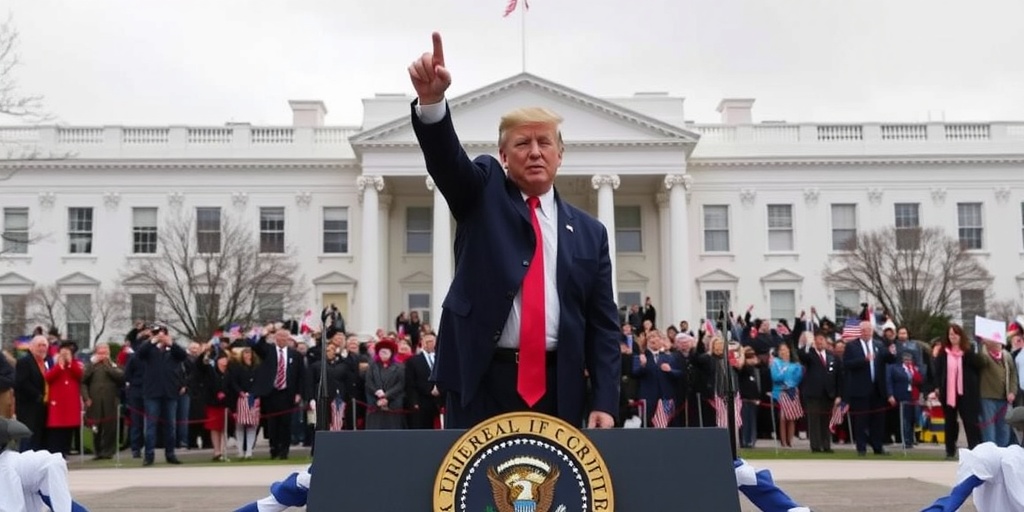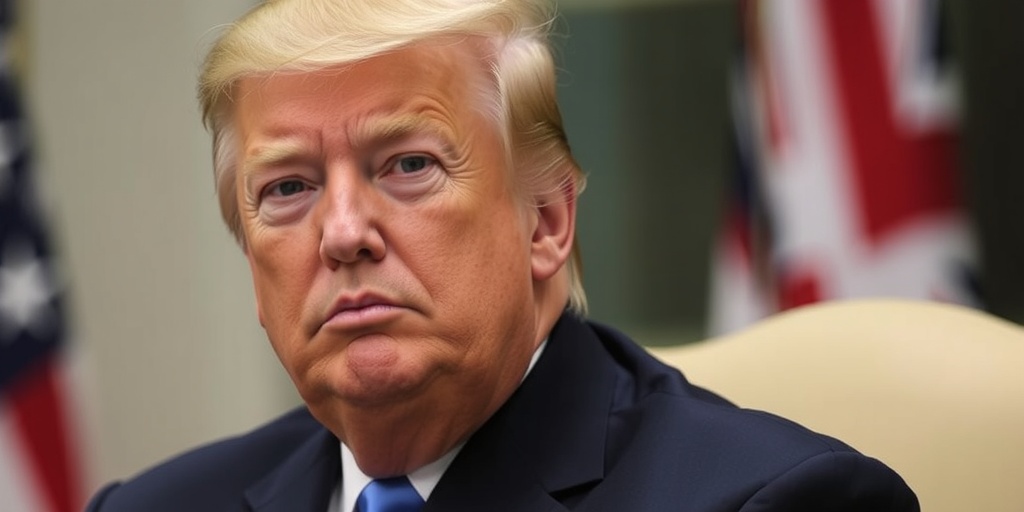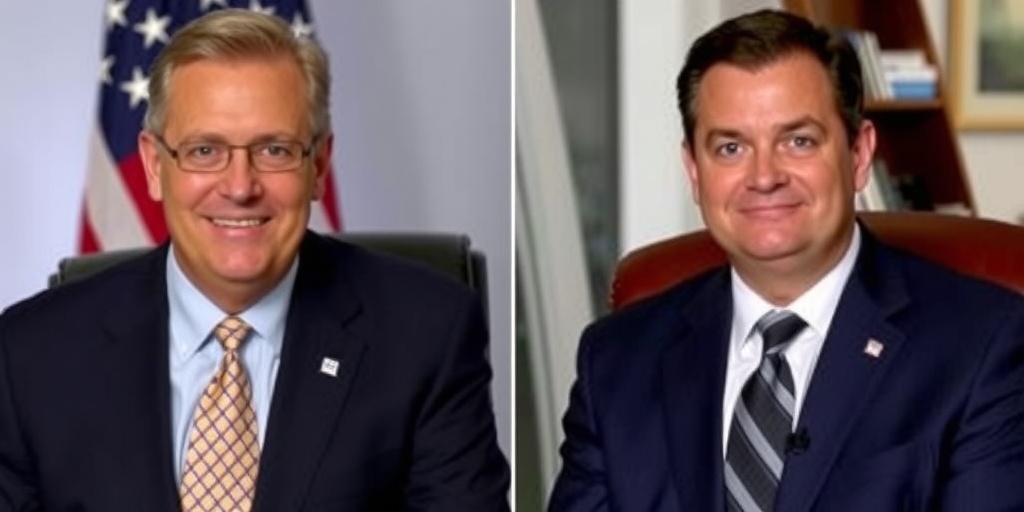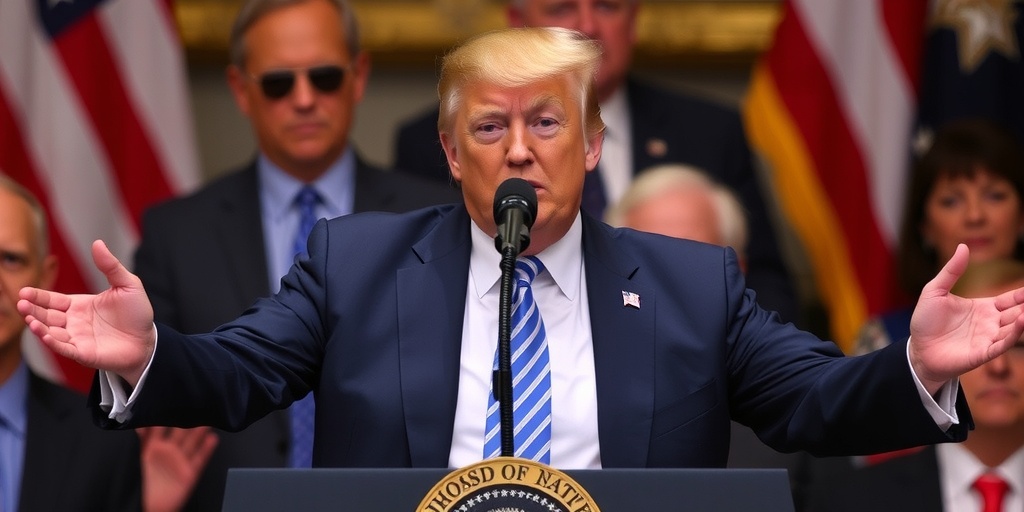Now Reading: Trump’s Second Inauguration: A Shift in D.C. Vibes
-
01
Trump’s Second Inauguration: A Shift in D.C. Vibes
Trump’s Second Inauguration: A Shift in D.C. Vibes

Title: A Divided Celebration: Trump Supporters Experience Inauguration Weekend in Washington
On a cold Saturday afternoon, two men who had made the journey to Washington, D.C., to witness Donald Trump’s inauguration found themselves meandering through the chilly streets, uncertain about what to do next. Their enthusiasm had turned into disappointment as the inauguration plans shifted indoors, leaving them unsure if they would even have the opportunity to enter the arena for the event that was set to commence on Monday.
Bob Jaynes, a 76-year-old retired Navy veteran from Fayetteville, Arkansas, expressed his frustration, saying, “I’m kind of bummed because we came all the way up here for it.” He recounted interactions with fellow travelers from various locations—Australia, Hawaii, New Mexico—emphasizing that many attendees had also invested considerable time and money to be there, only to face uncertain circumstances.
Standing nearby was Tom Trepaignier, a 63-year-old bail bondsman from Oklahoma City, who, sporting yellowing caiman leather boots, indicated his plans to watch the inauguration from his hotel room. Gazing at the grandeur of the white marble structures on the National Mall, he acknowledged the situation, stating, “It’s still really cool to be here. It’s like the Roman Empire.”
This moment was what Trump’s supporters had anticipated for the past four years. Over the weekend, a passionate crowd congregated in the nation’s capital, filling local bars and enjoying pedicab rides accompanied by lively music. They took in the sights of Georgetown, a neighborhood characterized by its stunning federalist architecture, and revel in the atmosphere of celebration, despite the uncertainty surrounding the inauguration.
Yet, amid this jubilant spirit, a stark dichotomy unfolded. While ordinary Trump supporters expressed frustration over canceled plans, elite members of the Trump movement engaged in lavish celebrations at exclusive venues. Lobbyists, venture capitalists, and tech billionaires indulged in champagne toasts aboard luxury yachts and in upscale dining establishments, highlighting a paradox within the political movement Trump had cultivated. The distance between the wealthy elite and the working-class voters who felt overlooked was palpable.
On Saturday night, a notable gathering took place aboard a yacht named “Liberty,” anchored on the icy Potomac River. The lavish event was hosted by a wealthy member of Mar-a-Lago for Matthew Swift, a partner in a strategic business intelligence firm. High-profile attendees included Dr. Mehmet Oz, prominent attorneys, ambassadors, and even the president of Paraguay. A young lobbyist from the first Trump administration described the gathering as “an assemblage of the future 1 percent,” highlighting the merging of previously disparate factions—the Trump supporters and the establishment elite.
The atmosphere in the capital this time around was noticeably different from Trump’s previous inauguration in 2017, which had been marred by mass protests and violent clashes. Brian Ballard, a lobbyist, remarked, “Last time, he didn’t get a fair chance,” pointing out that the current inauguration was an entirely different affair. “It’s going to be awesome,” he added, reflecting on the stark contrast.
Despite the extravagant celebrations among the elite, Trump’s official portrait released for the inauguration depicted him as “menacing and wrathful,” a visual that stirred mixed reactions. In Georgetown, another posh party unfolded at Cafe Milano, drawing the city’s influential figures who mingled and savored fine cigars amidst a smoke-filled ambiance.
Mark Ein, a venture capitalist, found himself side by side with local Democrat and long-time councilman Jack Evans at the gathering, discussing the ongoing connection between D.C.’s power players and Trump’s administration. As the party unfolded, a sense of continuity emerged—similar faces and interests remained at the forefront, regardless of who held the presidency.
Amid the celebration and political maneuvering, protesters, though fewer in number than during Trump’s last inauguration, assembled to voice their dissent. For many liberal protesters, the event felt like a shadow of previous resistances, leading some to question the current political climate. “It’s like a muted resistance,” lamented Liza Meneades, a 55-year-old woman who had traveled to participate in the protest. She expressed disbelief at comments she overheard, suggesting that some felt the country was being reclaimed.
As the weekend unfolded, Trump’s family introduced a new cryptocurrency initiative, further blurring lines between politics and business. Meanwhile, on the streets, Bob Jaynes and his fellow supporters roamed, attempting to catch a glimpse of the luxurious lifestyle enjoyed by elite Trump patrons. As they watched affluent individuals arrive at the Waldorf Astoria, formerly a Trump establishment, they remarked on the exclusivity that kept them from mingling with the wealthy.
“We just wanted to go in and see how the rich people do,” Jaynes shared, reflecting with humor that they were denied entry, likely due to their modest background. This observation underscored the central theme of the weekend—a celebration marked by division, complexity, and a blend of hope and frustration among Trump supporters in the face of political reality. As the inauguration approached, the mood in the capital remained a mix of anticipation and uncertainty, revealing the intricate dynamics within the emerging Trump administration.
Stay Informed With the Latest & Most Important News
Previous Post
Next Post
-
 01New technology breakthrough has everyone talking right now
01New technology breakthrough has everyone talking right now -
 02Unbelievable life hack everyone needs to try today
02Unbelievable life hack everyone needs to try today -
 03Fascinating discovery found buried deep beneath the ocean
03Fascinating discovery found buried deep beneath the ocean -
 04Man invents genius device that solves everyday problems
04Man invents genius device that solves everyday problems -
 05Shocking discovery that changes what we know forever
05Shocking discovery that changes what we know forever -
 06Internet goes wild over celebrity’s unexpected fashion choice
06Internet goes wild over celebrity’s unexpected fashion choice -
 07Rare animal sighting stuns scientists and wildlife lovers
07Rare animal sighting stuns scientists and wildlife lovers





















